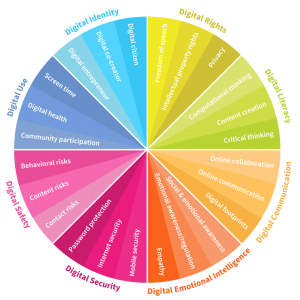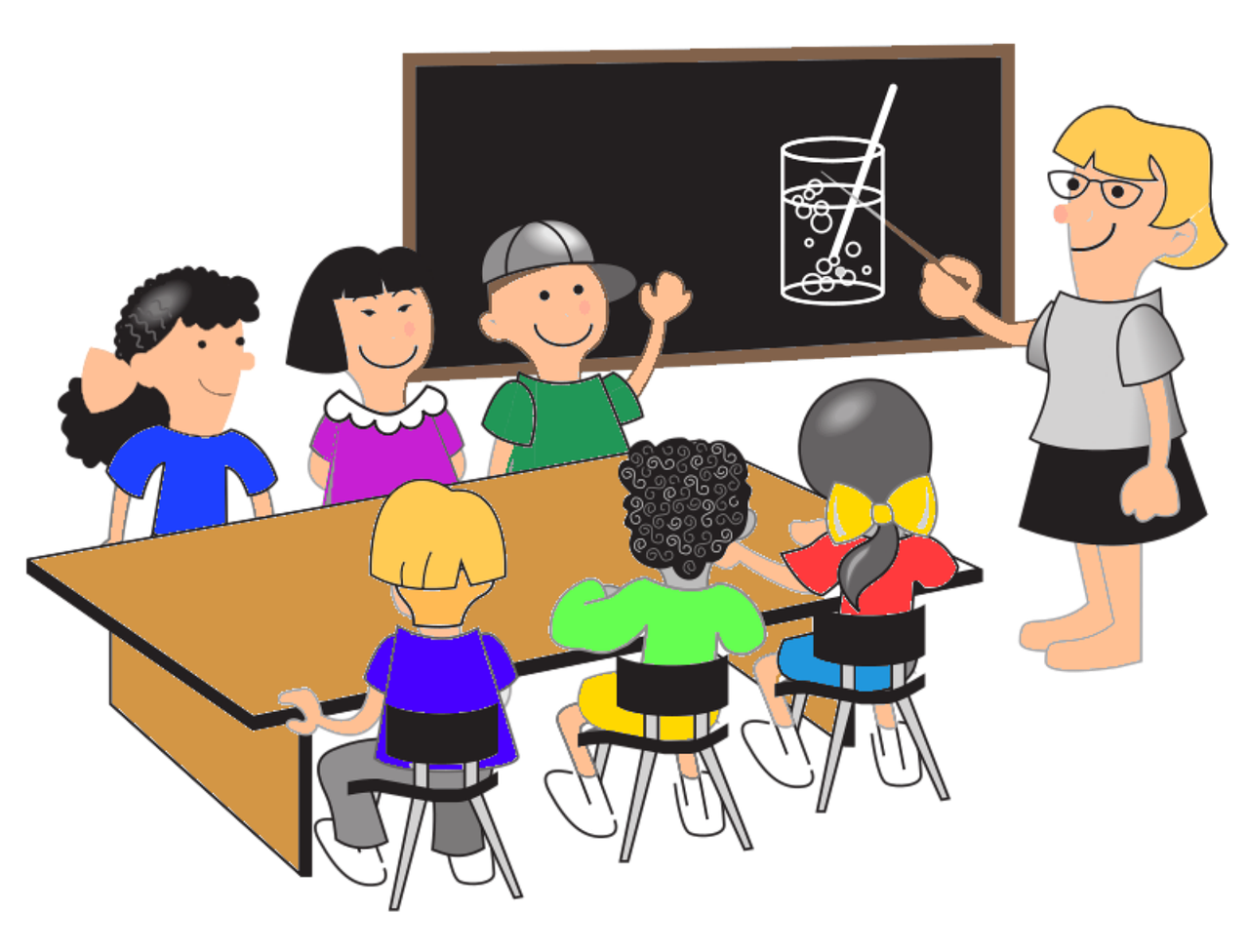90% of the entire population will be connected to the internet within 10 years. With the internet of things, the digital and physical worlds will soon be merged. These changes herald exciting possibilities. But they also create uncertainty. Which are the key digital skills we must know and pass to our children?

Digital identity: The ability to create and manage one’s online identity and reputation. This includes an awareness of one’s online persona and management of the short-term and long-term impact of one’s online presence.
Digital use: The ability to use digital devices and media, including the mastery of control in order to achieve a healthy balance between life online and offline.
Digital safety: The ability to manage risks online (e.g. cyberbullying, grooming, radicalization) as well as problematic content (e.g. violence and obscenity), and to avoid and limit these risks.
Digital security: The ability to detect cyber threats (e.g. hacking, scams, malware), to understand best practices and to use suitable security tools for data protection.
Digital emotional intelligence: The ability to be empathetic and build good relationships with others online.
Digital communication: The ability to communicate and collaborate with others using digital technologies and media.
Digital literacy: The ability to find, evaluate, utilize, share and create content as well as competency in computational thinking.
Digital rights: The ability to understand and uphold personal and legal rights, including the rights to privacy, intellectual property, freedom of speech and protection from hate speech.
What a quality digital education looks like
A quality digital citizenship education must include opportunities for assessment and feedback. The assessment tools should be comprehensive as well as adaptive in order to evaluate not only hard but also soft DQ skills. Ultimately, such assessments should serve as a means of providing feedback that gives children a better understanding of their own strengths and weaknesses, so that they may find their own paths to success.
Most importantly, individuals should initiate digital citizenship education in their own sphere of influence: parents in their homes, teachers in their classes, and leaders in their communities.
There is no need to wait. In fact, there is no time to wait. Children are already immersed in the digital world and are influencing what that world will look like tomorrow. It is up to us to ensure that they are equipped with the skills and support to make it a place where they can thrive.
This article is based on the following contribution 8 digital life skills all children need – and a plan for teaching them
Article realized for the Vocational Skills Week
